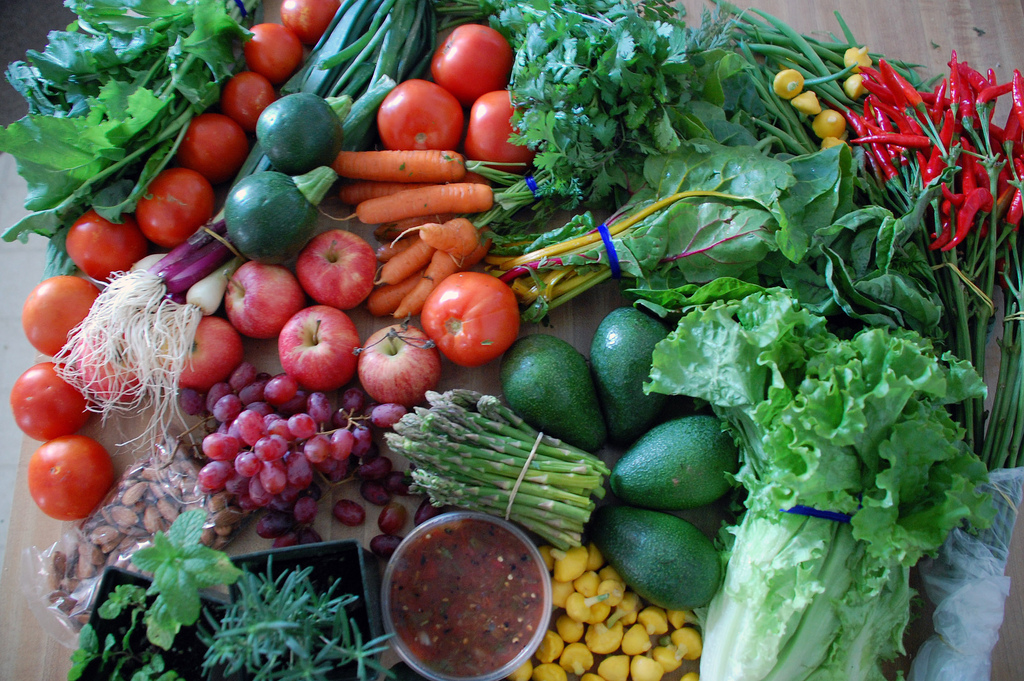The most troubling symptoms of rheumatoid arthritis — pain, stiffness, and swelling — stem from the same source: inflammation. Research hasn’t yet established that changing your diet will definitely reduce the severity of those rheumatoid arthritis (RA) symptoms, but some findings suggest that it may indeed help. Read on to find out what foods could help ease your symptoms and keep you healthy.
Ginger
Studies have shown that ginger can have a positive impact on reducing inflammation and discomfort in people with arthritis when compared to control groups.
Ginger has anti-inflammatory, antioxidant, and anticancer properties. Because of this, it’s thought to boost your overall immunity.
For people with arthritis, its anti-inflammatory properties are of particular benefit. Ginger contains anti-inflammatory compounds that function in the same way as COX-2 inhibitors. COX-2 inhibitors are drugs used to treat pain and inflammation.
Broccoli
A compound found in broccoli could help prevent or slow the progress of the most common form of arthritis. Broccoli is high in vitamins A and C and is a good source of vitamin K, which research shows may reduce inflammatory markers in the blood. It also contains sulforaphane, a compound in cruciferous vegetables such as broccoli that may block enzymes linked to cartilage breakdown and joint destruction, according to a 2013 study in Arthritis & Rheumatism.
Citrus foods
Citrus foods, such as oranges, grapefruit, lemon, and limes, are rich in vitamin C. This dietary component is necessary for the synthesis of collagen, which helps build and repair blood vessels, tendons, ligaments, and bone, and is therefore helpful for people with osteoarthritis.
Citrus fruits are also good sources of inflammation-fighting antioxidants, which are helpful for those with rheumatoid arthritis.
So start your day with a glass of orange juice, have half a grapefruit for a snack, and squeeze lime or lemon juice on foods when you’re cooking to take advantage of the healing power of citrus. Aim for a total vitamin C intake of 75 milligrams (mg) per day for adult women, and 90 mg per day for adult men, the current U.S. recommended dietary allowance.
Garlic
Garlic can help treat rheumatoid arthritis because it contains anti-inflammatory, analgesic and antioxidant properties. This is a natural treatment whose healing properties can help those suffering from this disease to lead a normal life without the need for medication.
The 3 properties of garlic mentioned above are usually very beneficial for the body. As you can see, the anti-inflammatory property of garlic helps to soothe joint inflammation caused by RA. Analgesics will help reduce pain effectively, and antioxidants will strengthen the immune system.
Cecilia




